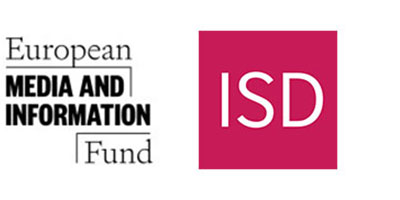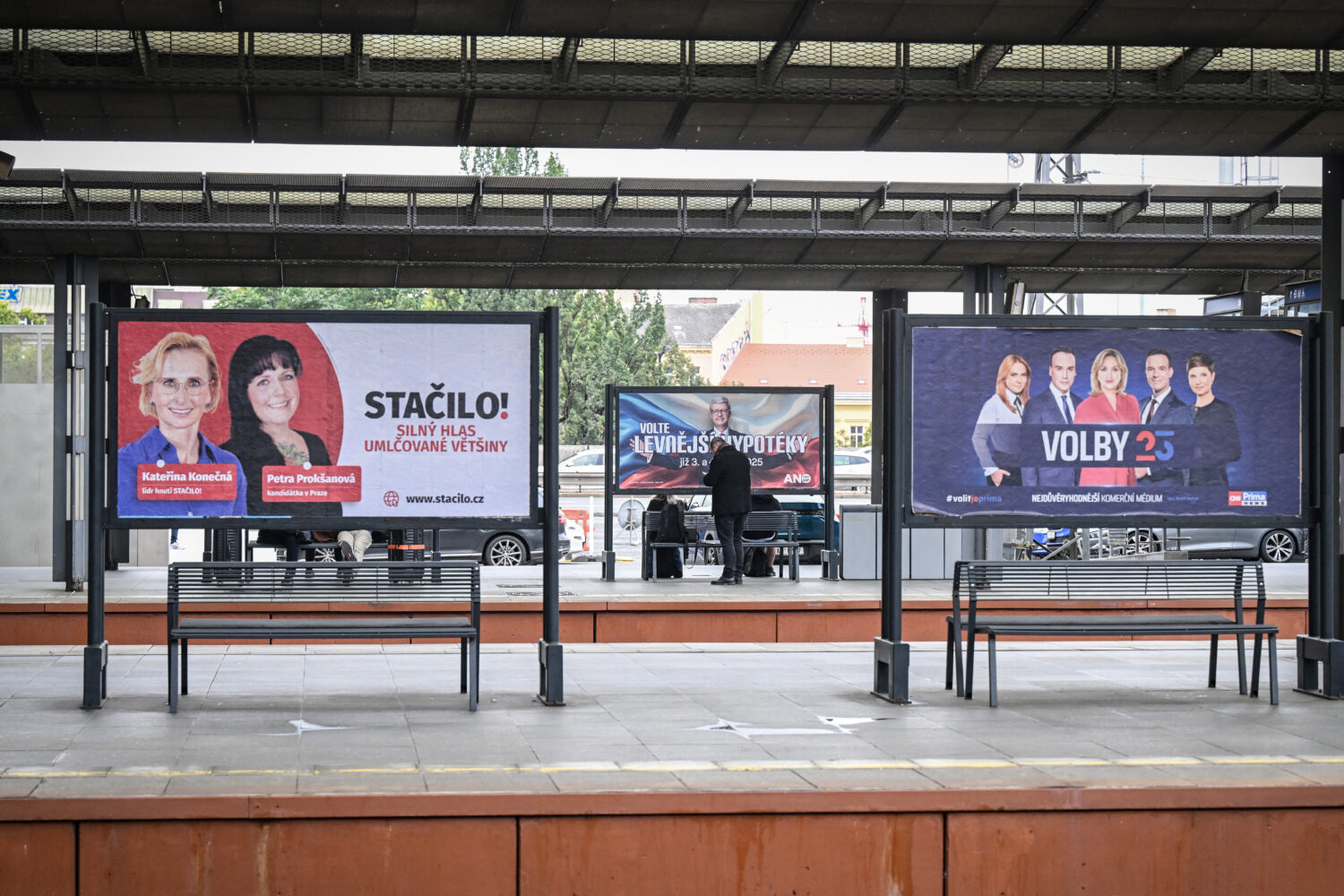The impact of such claims was underscored by Czech President Petr Pavel’s unprecedented public address just three days before the elections, reassuring citizens of the integrity of the process. Even two weeks after Andrej Babiš and his ANO party (populist party) declared victory, a Russia-affiliated Telegram channel began spreading a conspiracy theory that the Czech army was collecting discrediting material against the opposition.
Analysis from ISD based on qualitative observations and data from the platform X identifies the evolution and overlap of narratives over a one-year period. We also tracked the actors involved in spreading these narratives: these included opposition figures from the far-right and the far-left of the Czech political spectrum, alternative media and influencers. ISD research shows how narratives can quickly evolve and foster distrust towards democratic institutions and processes.
Key Findings
- ISD analysis found an evolving and interconnected series of claims targeting the Czech parliamentary elections from summer 2024 until the vote took place in October 2025. From December 2024 onwards, the most prominent narrative revolved around the “Romanian scenario”: the belief that the Czech intelligence service, government, and/or the EU planned to manipulate the elections.
- The ‘Romanian scenario’ refers to the decision of the Romanian Constitutional Court to cancel the second round of voting after intelligence documents (later declassified) suggested Russian interference in the process. However, the “Romanian scenario” has evolved into a broader conspiracy theory claiming that the EU annulled Romania’s December 2024 elections because the results were not favourable to its interests.
- Actors who spread these claims included opposition figures from both far-right and far-left parties, fringe voices, alternative media, and influencers, including some aligned with Russian state media. A post from one such actor about the Romanian scenario reached approximately 93,000 users.
- The Romanian scenario was also linked to more specific misleading claims concerning the launch of the EU’s Rapid Response System (RSS), which is designed to help member states share information about disinformation campaigns. Conspiracy theories also surrounded the decision of the constitutional court about whether the far-left party Stačilo! and the far-right party SPD should be treated as a coalition or individual parties in elections.
- Claims around electoral fraud had a transnational element. ISD found that similar accusations and conspiratorial narratives also appeared in the presidential election campaign in Poland in May and were spread by Russian-language Telegram channels. These narratives were also used by Czech actors to suggest election interference in other elections, such as the Croatian presidential elections last December.
READ THE FULL INVESTIGATION HERE.

